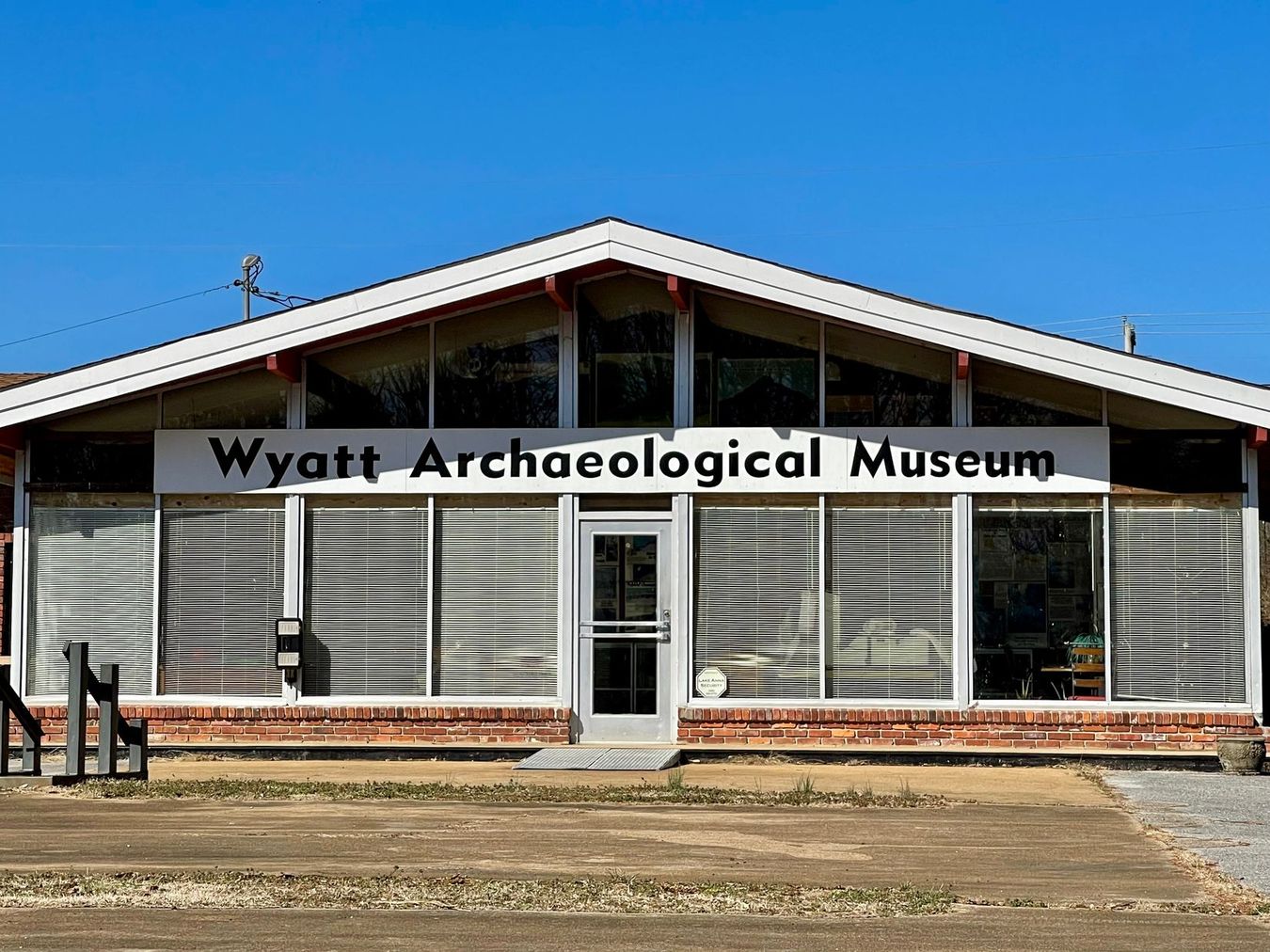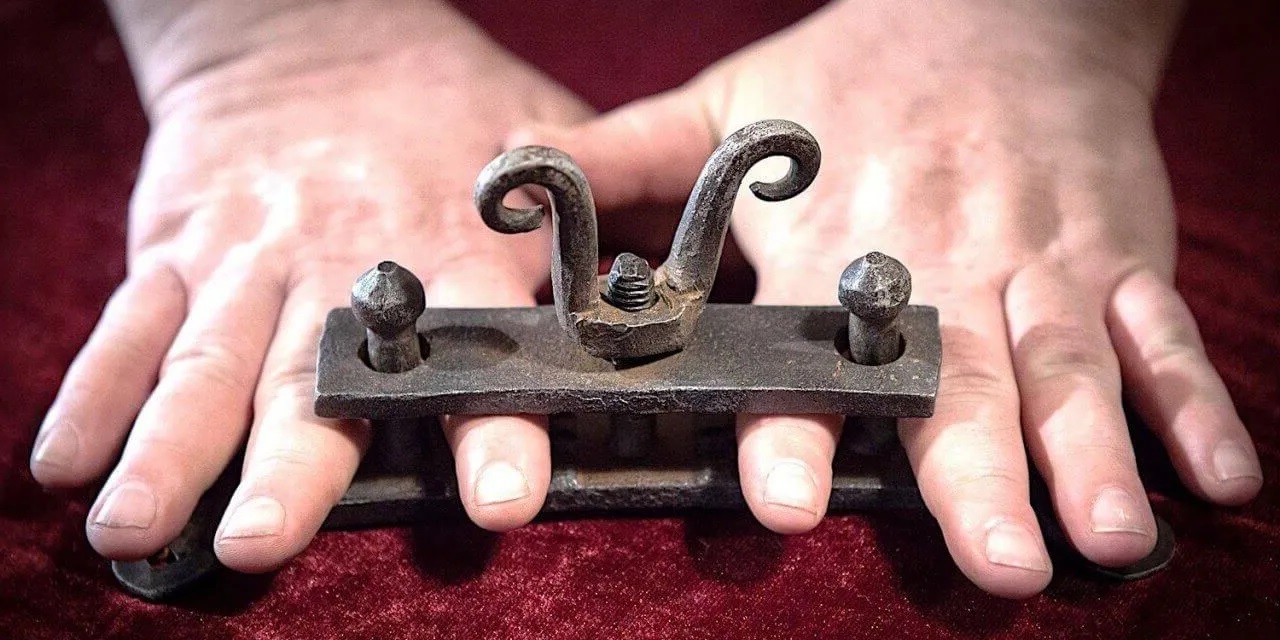
Who was Ron Wyatt? Ronald Eldon Wyatt, born June 2, 1933, in Kentucky, was an American nurse anesthetist turned amateur archaeologist. His life took a dramatic turn in 1960 when he saw a picture in Life Magazine of a boat-like formation in Turkey, sparking his quest to uncover biblical secrets. Wyatt claimed to have found Noah's Ark, the Ark of the Covenant, the Red Sea crossing site, and even Jesus' blood. Despite his passion and dedication, mainstream archaeologists and biblical scholars labeled his findings as "fraudulent" and "misinterpreted evidence." Yet, his work continues to inspire many, especially among evangelical Christians.
Early Life and Career
Ron Wyatt's journey into biblical archaeology began with a humble start. His early life and career set the stage for his later adventures and discoveries.
- Ronald Eldon Wyatt was born on June 2, 1933, in Kentucky.
- He spent most of his adult life near Nashville, Tennessee.
- Wyatt worked as a nurse anesthetist in Madison, Tennessee, for many years.
Inspiration and First Expedition
A single image in a magazine ignited Wyatt's passion for biblical archaeology, leading to his first major expedition.
- In 1960, a picture in Life Magazine of the Durupinar site in Turkey caught his eye.
- This geological formation resembled a large boat, sparking speculation it could be Noah's Ark.
- In 1977, Wyatt traveled to Turkey to investigate the Durupinar site further.
Major Claims and Discoveries
Wyatt made several bold claims about discovering significant biblical artifacts and locations. These claims brought him both fame and controversy.
- Wyatt believed the Durupinar site was the landing place of Noah's Ark.
- He claimed to have found the Ark of the Covenant in a cave beneath the Garden Tomb in Jerusalem.
- Wyatt identified a site he believed was the Red Sea Crossing during the Exodus.
- He also claimed to have found the true location of Mount Sinai.
- One of his most controversial claims was finding a sample of Jesus' Blood on the mercy seat of the Ark of the Covenant.
Controversy and Criticism
Wyatt's claims were met with significant skepticism and criticism from the scientific community and professional archaeologists.
- The Garden Tomb Association of Jerusalem refuted Wyatt's claims about discovering the Ark of the Covenant.
- Joe Zias, an archaeologist with the Israel Antiquities Authority, stated Wyatt was not a qualified archaeologist.
- Mainstream scholars labeled Wyatt's findings as "fraudulent" and "misinterpreted evidence".
Public Perception and Support
Despite the criticism, Wyatt gained a following among some evangelical Christians who admired his dedication and sincerity.
- Wyatt's humility and sincerity often won over audiences.
- He lived a simple life, often giving away his earnings to support his archaeological work.
- Wyatt did not have health or life insurance, choosing to allocate that money towards his projects.
Health Issues and Death
Wyatt's dedication to his work continued until his health began to fail.
- He died on August 4, 1999, at the age of 66, due to bone cancer.
- Wyatt was buried in Polk Memorial Park Cemetery in Columbia, Tennessee.
Legacy and Impact
Wyatt's legacy remains a topic of debate, inspiring both amateur archaeologists and skepticism from mainstream academia.
- His organization, Wyatt Archaeological Research (WAR), continued to promote his claims after his death.
- Wyatt appeared in various media interviews, discussing his discoveries and future plans.
- His work was documented in various publications, often sensationalized, contributing to public interest.
Criticism from Within Evangelical Circles
Even within evangelical circles, there were significant debates about the validity of Wyatt's claims.
- Some evangelical groups, like Answers in Genesis, criticized Wyatt's claims as "fraudulent".
- David Terian, an expert in biblical archaeology, offered alternative explanations for Wyatt's anchor stones.
- Shea and Morris suggested the Durupinar site could be a natural geological formation rather than Noah's Ark.
Response to Criticism
Wyatt Archaeological Research (WAR) responded to criticism, but the lack of credible evidence remained a significant issue.
- WAR claimed the Israel Antiquities Authority (IAA) was aware of their excavations and issued verbal permits.
- WAR helped fund a legitimate excavation in 2005, but this did not compensate for the lack of credible evidence.
Public Perception and Media Portrayal
Public perception of Wyatt is complex, with some seeing him as sincere and others as a charlatan.
- Wyatt's story has been portrayed in various media formats, including documentaries and interviews.
- His publications continue to be referenced by some enthusiasts but are not considered credible by mainstream scholars.
Influence on Amateur Archaeologists
Despite the controversy, Wyatt's work continues to influence amateur archaeologists and enthusiasts.
- His legacy serves as a reminder of the importance of rigorous scientific methodology in archaeology.
- The lack of credible evidence supporting Wyatt's claims is a significant point of contention.
- Mainstream academia remains skeptical about Wyatt's claims due to the lack of concrete evidence.
Public Interest and Legacy
Public interest in Wyatt's work remains high, particularly among evangelical Christians.
- This interest often overlooks the scientific community's skepticism and the lack of credible evidence.
- Wyatt's life and work are a testament to his unwavering dedication to his faith.
- His legacy continues to inspire and intrigue, even if his methods and conclusions are not supported by mainstream academia.
Ron Wyatt's Lasting Impact
Ron Wyatt's life was a mix of passion, faith, and controversy. He claimed to have found some of the most significant biblical artifacts, like Noah's Ark, the Ark of the Covenant, and the Red Sea crossing site. Despite his lack of formal training in archaeology, his work drew significant public interest, especially among evangelical Christians. Critics, including professional archaeologists and biblical scholars, often dismissed his findings as unverified and sensationalized. Yet, Wyatt's humility and dedication resonated with many, making him a polarizing figure in biblical archaeology. His legacy continues to inspire amateur archaeologists and enthusiasts, even if mainstream academia remains skeptical. Wyatt's story serves as a reminder of the importance of rigorous scientific methods in archaeology. Whether seen as a devout seeker of truth or a controversial figure, Ron Wyatt's impact on biblical archaeology is undeniable.
Was this page helpful?
Our commitment to delivering trustworthy and engaging content is at the heart of what we do. Each fact on our site is contributed by real users like you, bringing a wealth of diverse insights and information. To ensure the highest standards of accuracy and reliability, our dedicated editors meticulously review each submission. This process guarantees that the facts we share are not only fascinating but also credible. Trust in our commitment to quality and authenticity as you explore and learn with us.


